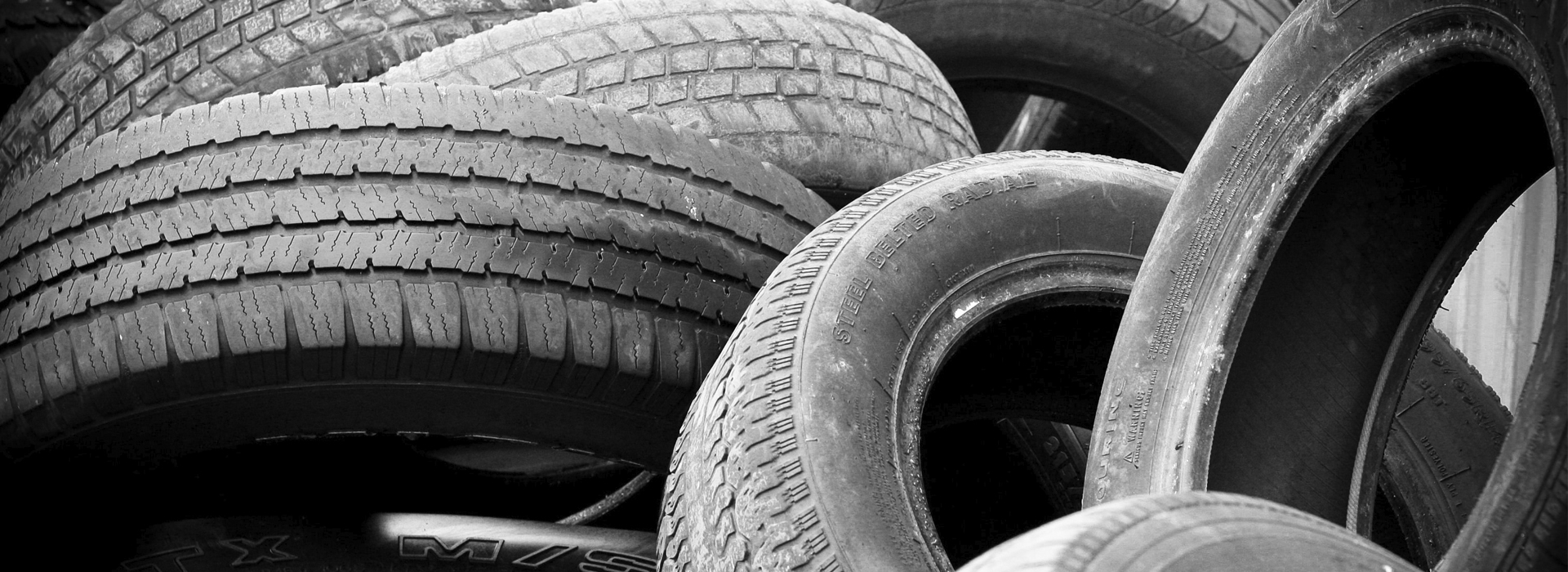
Product stewardship. Finally!
Submissions close 4 October on the Government’s proposal to regulate problematic waste streams through a product stewardship scheme.
About time we say!
Today’s linear approach to the use of resources simply pollutes our environment with all of the discarded stuff we no longer need or want. To live within the limits of our planet, we can’t keep producing products that become waste. And we all need to take responsibility for that. Product stewardship is just one part of the solution.
Basically, product stewardship makes producers responsible for products at the end of life. The idea being, to ensure the costs of proper waste management are paid by producers and consumers, not communities and the environment. For product stewardship to work designers, producers, importers, retailers and consumers must accept responsibility for reducing a product’s environmental impact. This involves developing greater oversight and control throughout the whole product life cycle, from design to production through to end of use and beyond. It means avoiding wasteful products and eliminating unnecessary waste. It also means redesigning products and processes to ensure products and materials are recycled or reused.
Why we need product stewardship
The Waste Minimisation Act 2008 (WMA) has been in place for more than 10 years now. Unfortunately, it has not led to a reduction of waste in our landfills – we are still losing the war on waste. Currently, New Zealand has no regulated product stewardship schemes. This means councils, ratepayers, and the natural environment are left to manage all this waste somehow. This is probably one of the reasons why New Zealand has low recovery and recycling rates and embarrassingly high per capita rates of landfill waste.
Did you know?
- New Zealand is one of the highest generators of household waste in the OECD
- In many parts of New Zealand litter pollutes city and rural landscapes, waterways and marine environments.
- We produce some of the world’s highest volumes of e-waste (electronic equipment such as cell phones, laptops and televisions)
- We send over 122,000 tonnes of food to landfill annually.
- Landfills cost millions of dollars to develop and often the sites cannot be used for other purposes for decades. They also produce methane which is a potent greenhouse gas.
Our Government is acknowledging this and has taken the first step towards regulated product stewardship schemes to tackle our biggest waste monsters. They are proposing regulated product stewardship for six priority products:
- Tyres
- Electrical and electronic products
- Agrichemicals and their containers
- Refrigerants
- Farm plastics
- Packaging (including single-use plastic packaging and beverage containers).
The consultation that’s about to close will determine which products are included in co-design of regulated product stewardship with business and other stakeholders. It will also set guidelines for the co-design process.
In the opening message of the consultation document, Eugenie Sage states that the development of co-designed and regulated product stewardship schemes must go hand-in-hand with improved onshore recycling infrastructure, an expanded waste disposal levy, improved waste data, improved controls on the burning of farm waste, and proactive government procurement. These supportive measures are all being discussed with stakeholders. Music to our ears! A more holistic approach is the only way forward, in our opinion.
What does it mean for NZ businesses?
Product stewardship is on the way!
When manufacturers are responsible for the waste their products cause, they not only foot a greater share of the bill, they’re also more likely to redesign their products to cause less waste in the first place.
A move towards a circular economy is the only option if we are to start undoing the wrongs to our environment.
Life Cycle Thinking Workshop
It’s clear the world can no longer sustain the model of take – make – use – dispose. And thankfully, changes are afoot at both a consumer and now regulatory level. Is your business on board or will you be left behind?
We have a great workshop coming up in Tauranga on 15 October. Timothy Allan, Founder of Locus Research, and CEO of Ubco Bikes will share insights into emerging trends and lifecycle thinking. This workshop will give you food for thought and help you plan for action. You can register here for the event.
If you’re interested in our workshop, but can’t make it, get in touch. There are other ways we may be able to help!
Comments